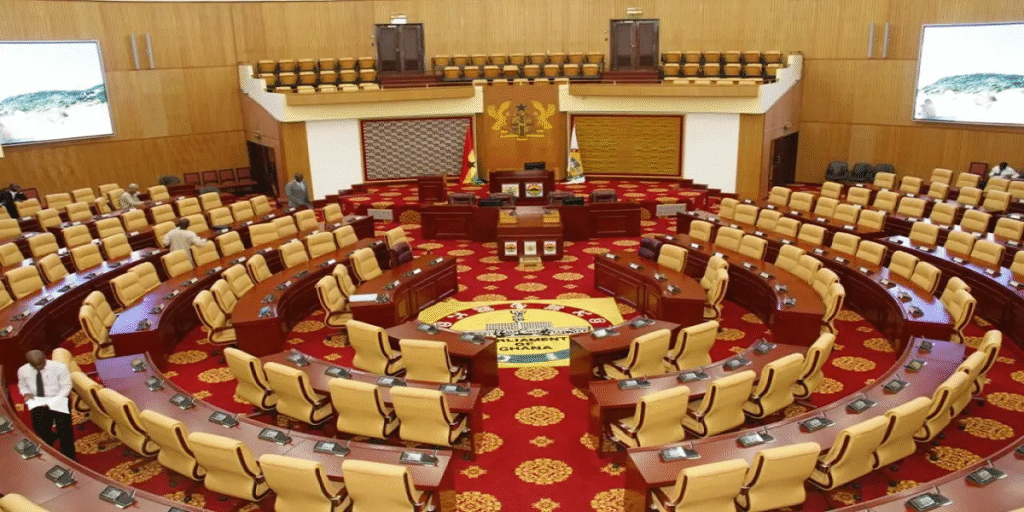Ghana’s digital ecosystem has expanded rapidly. Thanks to increasing smartphone penetration, improved internet connectivity, and a growing appetite for local content, more creators are emerging every year. According to DataReportal, there were approximately 7.4 million active social media users in Ghana in early 2024—up from 6.6 million in 2023—while internet penetration stood at around 69.8% of the population.
Platforms like YouTube and Facebook each boast around 7.8 million users as of 2025, while TikTok follows closely with approximately 7.4 million users.
Many Ghanaian creators have successfully leveraged these platforms to build sustainable careers. For example:
- Wode Maya, a popular YouTuber, shares authentic development stories from across Africa.
- Ameyaw Debrah, a media entrepreneur, transformed entertainment blogging into a multi-channel brand.
- Jackie Appiah, a well-known actress, extends her influence through her social media presence.
These success stories illustrate content creation’s potential as a driver of youth employment, cultural export, and digital entrepreneurship—but the playing field remains uneven.
Policy Gaps: The Unclear Legal Landscape
Despite the growth, Ghana still lacks a comprehensive policy framework governing the digital creative economy. Creators face several challenges:
- Copyright ambiguities: Limited understanding of intellectual property rights leaves creators vulnerable to content theft.
- Taxation issues: The Electronic Transaction Levy (E-Levy) introduced in May 2022 taxed digital transactions, but did not specifically address earnings from content creation. However, as of March–April 2025, the E-Levy has been scrapped by the new government.
- Lack of digital trade agreements: Without protections tailored to digital creators, Ghanaian creators must follow the rules set by foreign platforms.
- Inconsistent government support: While the Ministry of Tourism, Arts and Culture recognizes the sector’s potential, structured training and funding remain limited.
Platform Bias: The Algorithm Isn’t Always Neutral

Although platforms promote equal opportunity, evidence and creator testimonies point to systemic bias:
- Geographic disadvantage: Algorithms tend to favor content from regions with higher ad revenue potential, limiting global visibility for African creators.
- Content moderation disparities: Automated systems may misinterpret African vernacular or slang as harmful content.
- Monetization barriers: For years, Ghana was excluded from YouTube’s Partner Program, which only later expanded to include local creators. Initially, creators often depended on intermediaries like Ohenemedia/FiestaGH to monetize local music videos until individual monetization became possible.
- Trend assimilation without credit: Viral trends often originate in Africa but are monetized by international creators without proper attribution.
Impact on Ghanaian Creators
These combined challenges have tangible effects:
- Reduced earnings: Lower visibility results in fewer ad revenues and sponsorships.
- Creative fatigue: Constantly adapting to unpredictable algorithms drains energy and focus.
- Cultural dilution: The pressure to appeal to global audiences often dilutes authentic local expression.

Strategies for Thriving Despite the Odds
While major reforms may take time, creators can take practical steps to strengthen their position:
- Diversify platforms and income streams: Use a mix of platforms—YouTube, TikTok, newsletters, personal websites—to reduce dependence on any single algorithm.
- Leverage community collaborations: Partnerships with other creators can boost audience reach and solidarity.
- Engage in policy advocacy: Joining creator associations or advocacy groups amplifies calls for fair taxation, IP reform, and access to funding.
- Rely on data and analytics: Tracking viewer behavior and performance helps creators adapt strategies without compromising authenticity.
- Build direct audience relationships: Platforms like Patreon or private mailing lists help creators connect directly with supporters and earn sustainably.
The Role of Policymakers and Industry Stakeholders

Government and private sector actors can support the creative economy by:
- Establishing a Creative Economy Policy that addresses taxation, intellectual property, and platform negotiation frameworks.
- Providing capacity-building programs focused on business modeling, marketing, and legal literacy.
- Partnering with global platforms to secure fair monetization terms and improved visibility for African creators.
The Way Forward
Content creation in Ghana is no passing fad—it has become a cornerstone of the nation’s digital economy. But without fair policies and equitable platform practices, Ghanaian voices may remain underrepresented. The path forward demands collaboration: creators building resilience, policymakers acting with clarity, and platforms recognizing Africa’s cultural vibrancy as a global asset.



Leave a Reply